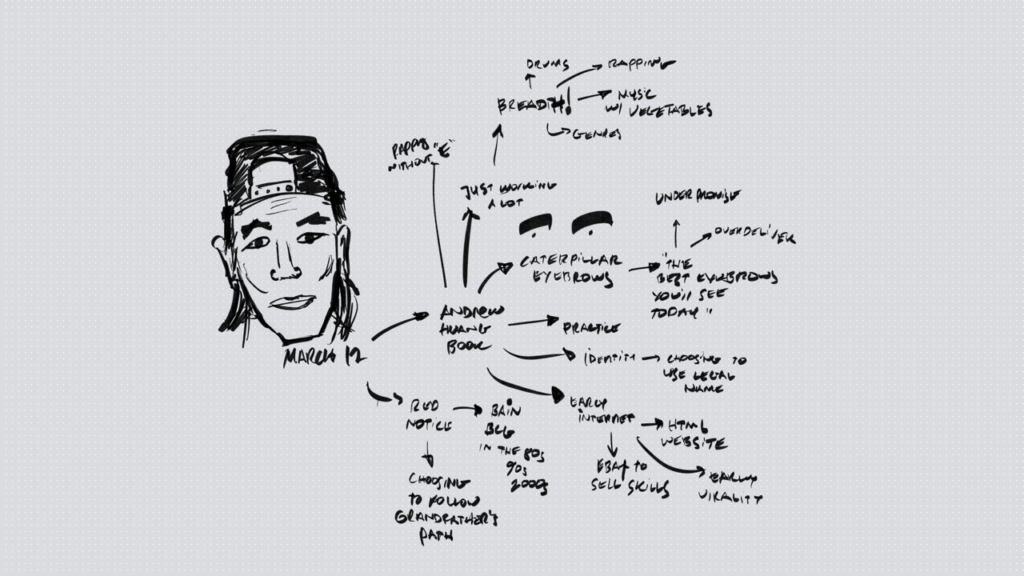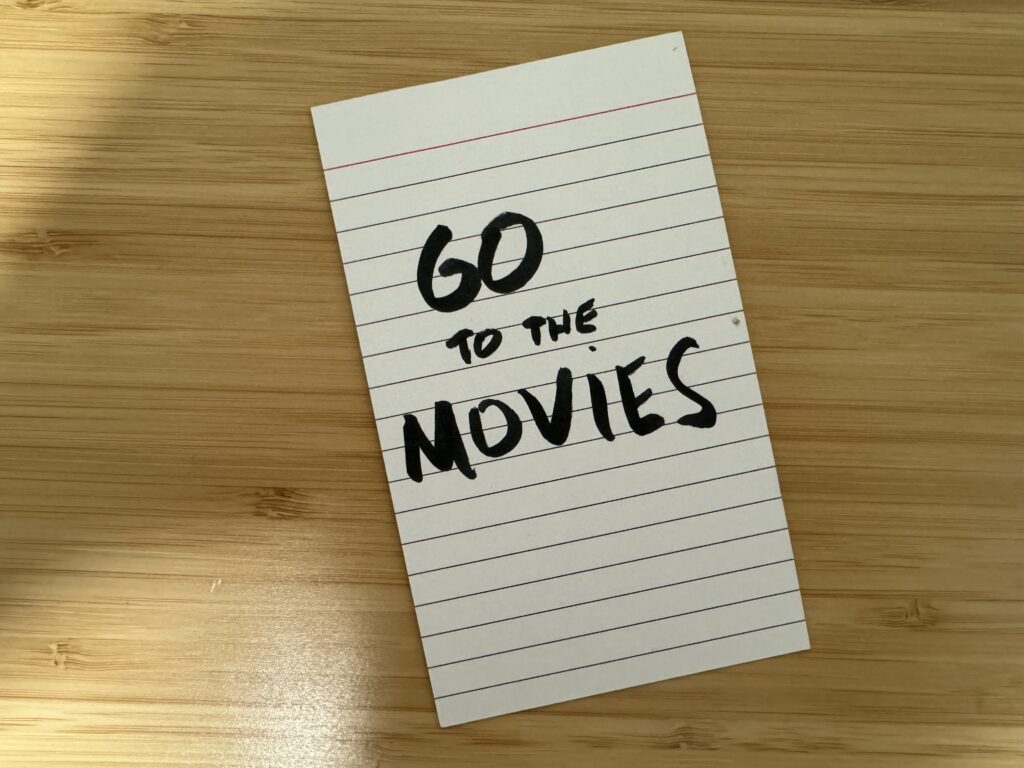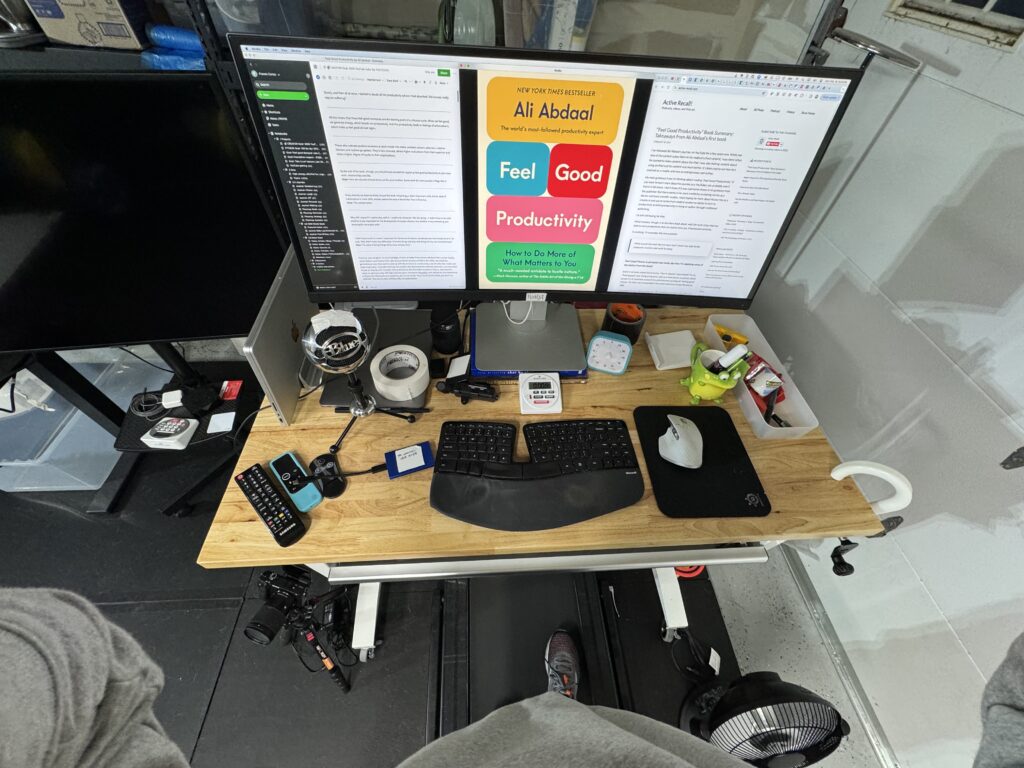From “Make Your Own Rules: Stories and Hard-Earned Advice From a Creator in the Digital Age”
The thing that really made me better was just that I worked. A lot. There was no substitute for time spent on my craft. I should’ve known this from my experience with piano lessons, and from seeing the regimens of the virtuosos at York, but I had never felt that level of drive for mastering a particular instrument. I had the mistaken understanding that practice was mainly about physical training—getting your fingers or your voice to respond with nimbleness and accuracy. The truth is that it’s just as much about your mind. I eventually realized that writing and production were my deepest musical passions, but also that they could be practiced. Of course they can: after writing your hundredth song you’ll be a better writer than you were when you wrote your tenth.
I loved Ali Abdaal’s “Feel-Good Productivity” but wish it had more about his journey on YouTube. I love Rick Rubin’s “The Creative Act” but it had stories about specific artists he’s worked with. Luckily, each of them has a podcast where they share more of those sorts of things.
Andrew Huang’s book has similar themes and he does talk about his journey making stuff online. I grew up on the internet in a similar time, so of course I’m really enjoying the stories about late 1990s/early 2000s internet. Putting a site together with HTML and FTPing things to servers.
He has a deep deep understanding of music. I made awful rap songs with my friends in high school. We would hop to whatever the best free audio host was at the time (SoundClick sticks out in my mind) and join forum tournaments to try to win some prize: usually a drum machine or something like that.
My friend won a smaller tournament and won a GameCube, then the tournament hosts said it got lost in the mail or something like that. I don’t remember exactly other than the fact that he won but never got the GameCube.
Okay anyway. I’m loving the book so far. One chapter motivated me to make… something tonight.
Create every day, judgment free. Make it a point to set time each day (it could be fifteen minutes, it could be all evening, whatever is feasible to you) to buckle down and create. Do just the creating—no editing, no polishing. That means no revisiting yesterday’s work to try to make it better—or at least not during this judgment-free window. Let brand-new ideas happen without worrying about them being complete, perfect, or even good.
And this post is it.




